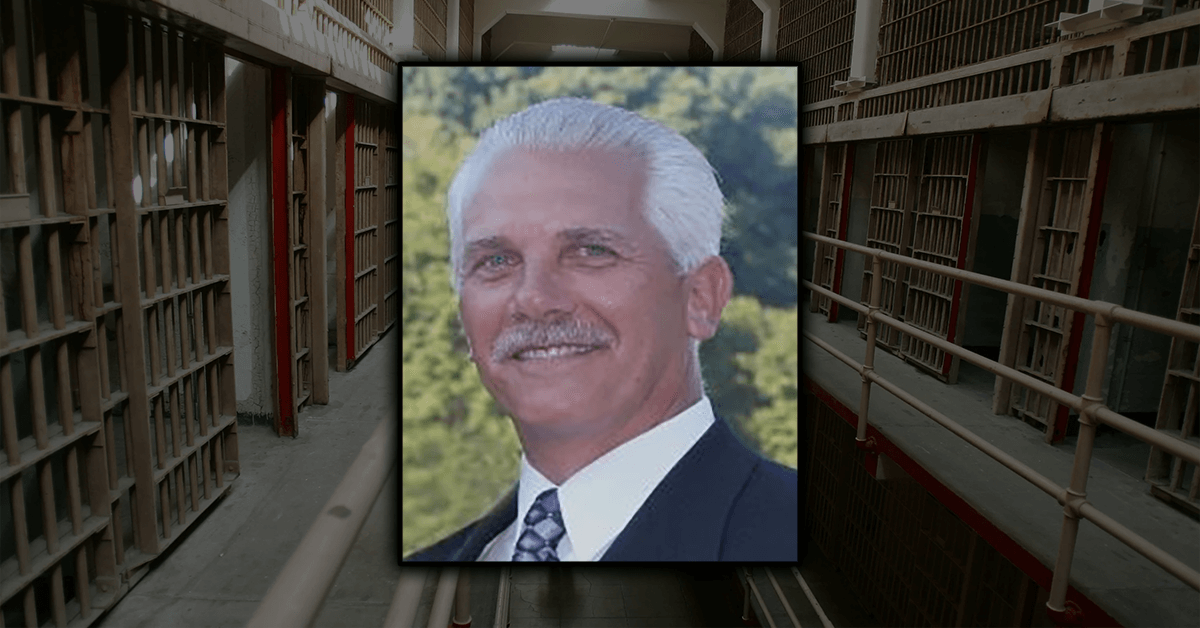Political Fallout as Monroe County Leader Sentenced for Drug-Related Charges

Monroe County Commissioner Mark Brant has been sentenced to 18 months in federal prison after pleading guilty to a charge of maintaining a drug-involved premises. The sentencing took place on September 11th, 2024, in the U.S. District Court for the Northern District of Ohio. Brant, who has served on the Monroe County Board of Commissioners since 2012 and currently chairs the board, was also ordered to pay a $500,000 fine and forfeit over $300,000 seized from his residence.
The case stems from a federal indictment issued on December 15th, 2022, accusing Brant of allowing his Michigan rental properties to be used for growing and distributing cannabis, specifically marijuana and tetrahydrocannabinol (THC). His properties, rented out between 2018 and 2020, were part of a scheme that involved the distribution of marijuana across state lines into Ohio, which was a violation of federal law at the time. Although Brant did not directly cultivate or distribute the cannabis, he was charged for knowingly permitting the activity to occur on his premises.
Legal Battle and Sentencing
Brant's legal troubles began in early 2023 when he was formally charged with conspiracy to distribute and possess a controlled substance. According to court filings, Brant cooperated with authorities and did not dispute the accusations. His defense team, led by attorney Vincent Haisha, argued that Brant was not a significant figure in the drug trade but merely allowed his rental properties to be used for marijuana cultivation. Haisha emphasized that Brant's involvement in the cannabis-related business was only a minor part of his larger agricultural portfolio, which primarily focused on sharecropping soybeans, corn, and other crops.
Haisha also pointed out the shifting legal landscape regarding marijuana. Michigan had legalized recreational cannabis use in 2018, and Ohio followed suit in 2023, although the federal law under which Brant was charged remains unchanged. His defense argued for leniency, asking for probation or home confinement instead of prison time, given Brant's clean criminal record and his prominent standing in the Monroe County community.
In support of this argument, Haisha submitted letters from notable figures, including Michigan State Senator Joe Bellino, Monroe County Deputy Administrator Aundrea Armstrong, and Monroe County Administrator Michael Bosanac. These letters attested to Brant's character and long history of public service. Senator Bellino, who has known Brant for 25 years, described him as an honest family man and expressed surprise at the charges against him.
Despite these appeals, U.S. District Judge Sara Lioi handed down an 18-month prison sentence. Brant will also be subject to two years of supervised release following his time in prison.
Impact on Political Future
Brant's sentencing comes at a pivotal time, as he is running unopposed in the upcoming November election. The fact that he continues to have the support of his community, as noted in his attorney's memo, speaks to his longstanding role in local politics. However, his conviction and incarceration could create uncertainty about his future on the Monroe County Board of Commissioners.
While Brant has declined to comment on the case, the political and legal ramifications are significant. The sentencing also raises broader questions about how the evolving legal landscape surrounding cannabis at the state level intersects with existing federal drug laws.
Broader Legal Context
This case highlights the ongoing conflict between state and federal cannabis laws. Michigan legalized recreational marijuana in 2018, allowing adults to possess and cultivate limited amounts of cannabis for personal use. However, federal law still classifies marijuana as a Schedule I controlled substance, making its cultivation, sale, and possession illegal at the federal level.
While there has been growing momentum toward federal marijuana reform, including efforts to re-schedule or decriminalize cannabis, federal prosecutors continue to enforce existing laws in cases where state lines are crossed or federal property is involved. Brant's case serves as a reminder that, despite state-level legalization, individuals involved in the cannabis industry remain at risk of federal prosecution under certain circumstances.
Conclusion
Mark Brant's conviction and sentencing underscore the complexities of cannabis law in the U.S., where conflicting regulations at the state and federal levels can lead to significant legal consequences. As Brant serves his prison sentence and pays hefty fines, the political and personal fallout from his involvement in cannabis-related activities will likely be felt for years to come.
Share this article:
Spotted a typo, grammatical error, or a factual inaccuracy? Let us know - we're committed to correcting errors swiftly and accurately!








 Helpful Links
Helpful Links